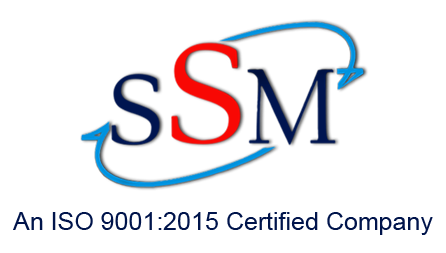Topic 1.2.1 – Overview
This section explains
the recommended system
requirements and licensing information.
System
Requirements and Compatibility
The hardware and software requirements of Wonderware Historian Client 2014 are as follows:
Hardware Requirements
The hardware
requirements for installing Wonderware Historian Client 2014 are listed in the
following table:
|
Hardware |
Minimum Required Configuration |
Recommended Configuration |
|
Processor |
1.2-GHz Pentium III |
Single CPU - 2 GHz or more |
|
Memory, RAM |
512 MB |
1 GB or more |
|
Disk space (For Wonderware Historian Client software) |
55 MB |
55 MB or more |
Software Requirements
The Wonderware Historian Client
is supported on the following operating systems:
- Windows Workstation
- Windows Server
Note:
Wonderware Historian Client supports Windows 2008 Server, and Windows 7
operating systems only when User Access
Control is enabled and it is running as non-administrator.
Other Software Requirements
Wonderware Historian Client supports Windows 2008 Server, and Windows 7
operating systems only when User Access
Control is enabled and it is running as non-administrator.
Wonderware Historian Client 2014
software requires the following software:
- Microsoft.NET Framework
- Microsoft Office
Note : if the Microsoft.NET Framework is not installed on your computer, Wonderware Historian Client
automatically installs the 3.5 version with SP1.
Microsoft Office an optional prerequisite. If you intend
to use Report or Workbook,
it is best to install Microsoft Office prior to installing Wonderware
Historian Client. If you install Microsoft Office after installing Wonderware Historian Client, the Wonderware Historian Client add-ins do not appear in the list of available add-ins
in Microsoft Office applications. In this case, you need to run the Wonderware
Historian Client installation program again and repair the installation to get
the add-ins loaded.
Licenses
Wonderware Historian Client 2014
Historian supports two kinds of licenses: unserved and served.
Unserved licenses, also known as local
licenses, are installed on the same computer as the applications using them. Unserved
licenses do not run on a licensed
server. Unserved license
files usually have the file names as wwsuite.lic or ArchestrA.lic.
Served licenses are only installed on
those computers that have an installed ArchestrA licensed server. Licensed
servers can reside on the local or remote computers. Served licenses files
usually have the file name ArchestrAserver.lic.
There are three types of served
licenses:
- Named device
licenses, also known as host-based licenses, are associated with specific
computers
- Named user
licenses, also known as user-based licenses, are associated with specific users
- Concurrent licenses can be used with any devices
or users
Information about the license
type appears in the license
name and license
components when you view it in the ArchestrA License Manager.
When Wonderware
Historian Client starts, it looks for an unserved license on the same computer
in the background. If no license is found locally, the application searches all
license servers specified in ArchestrA License Manager for the computer.
When a license file is found, the application checks if the stated version
is licensed for use. If more
than one license is found, the applications get the licenses in the following order:
- Unserved licenses
- Named device licenses
- Named user licenses
- Concurrent licenses
If Wonderware
Historian Client is not supported by a license or if the required license is
not found, the software component has either demonstration mode or absent
license mode as the default.
Last modified: Tuesday, 25 June 2019, 12:08 PM
